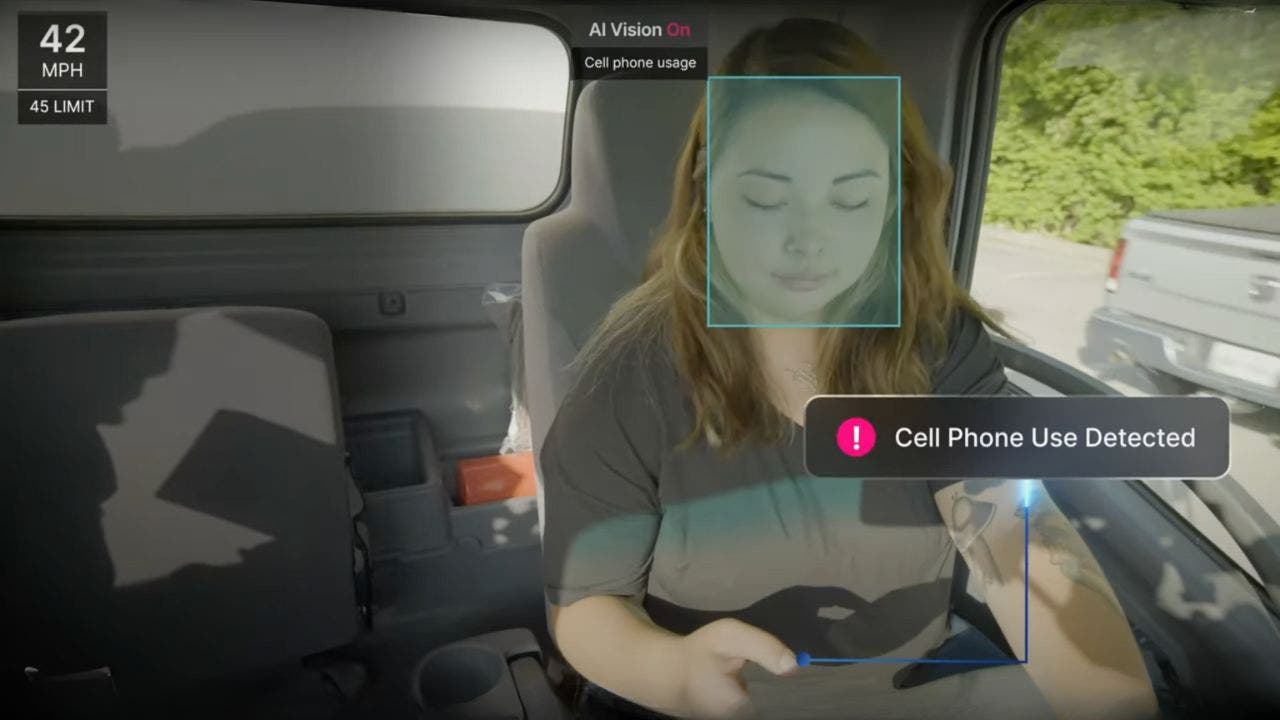AI Dashcams Improve Trucking Safety but Spark Privacy Issues

AI Dashcams: Enhancing Safety or Invasion of Privacy?
The trucking industry is experiencing a significant transformation with the introduction of AI-powered dashcams. These sophisticated devices aim to improve road safety and optimize fleet management, but they also bring up critical questions regarding privacy for truck drivers and other road users.
Understanding AI Dashcams
AI dashcams utilize advanced computer vision technologies to monitor driving behavior. They are equipped with both inward- and outward-facing cameras, enabling them to identify various unsafe driving actions.
Key Features of AI Dashcams
- Outward-facing cameras: These can spot incidents like rolling stops, unsafe lane changes, and potential collisions.
- Inward-facing cameras: These monitor driver behaviors, checking for signs of drowsiness, distraction, and whether seatbelts are fastened, along with detecting any other unsafe habits like smoking.
Detection accuracy of these systems is high, with rates ranging from approximately 88% to 99.5% for identifying unsafe behaviors. False positive rates can be as low as 0.5% to 12%.
A notable example comes from FusionSite Services, a waste management company that implemented Motive’s AI dashcam system across its fleet of 800 vehicles. The result was dramatic, with an 89% decrease in accidents and a 92% reduction in unsafe driving behaviors.
Privacy Challenges
While the safety advantages are clear, the use of AI dashcams raises important privacy concerns. For many truck drivers, particularly long-haul operators, their vehicles feel like second homes. The constant monitoring can feel intrusive, prompting issues such as:
- Invasion of personal space: The presence of cameras can create discomfort among drivers.
- Fear of surveillance: Drivers may worry about being constantly watched or micromanaged.
- Data security: There are potential risks regarding how the collected data can be used or misused.
The outward-facing cameras also pose privacy concerns for others on the road, as they might capture footage of private individuals without consent. Data breaches could further compromise personal information, leading to potential misuse of video footage.
Addressing Privacy Concerns
To tackle these issues, Motive has introduced features that help protect drivers’ privacy, such as:
- Driver Privacy Mode: This feature allows drivers to disable the inward-facing camera when they are not on duty.
- Privacy controls: Companies can enable these for individual drivers, groups, or even entire fleets.
Moreover, the AI dashcams incorporate blurring technology to obscure the identities of individuals captured in recordings, further alleviating privacy fears.
Legal and Ethical Considerations
Navigating the implementation of AI dashcams involves dealing with complex legal and ethical challenges. For instance, in California, using such cameras does not violate any state laws. In contrast, Illinois has seen legal action against companies like Samsara for allegedly breaching state privacy laws by capturing drivers’ facial scans without adequate consent.
The Need for Clear Policies
To balance safety and privacy, companies should establish transparent policies surrounding the use of cameras and the handling of data. Recommended practices include:
- Event-driven recording: Cameras should only activate during specific safety-related incidents rather than continuous recording.
- Data security measures: Robust protocols must be put in place to protect sensitive information from someone who may attempt to breach it.
Training drivers comprehensively about the technology and its advantages can also foster a culture of trust. Ensuring effective communication between management and drivers promotes an environment where both safety and privacy are prioritized.
As the trucking industry adapts to technological advancements, it’s essential to find a balance that respects both the safety benefits offered by AI dashcams and the privacy rights of individuals. Engaging with these issues collaboratively will pave the way for responsible technology use in the field.






